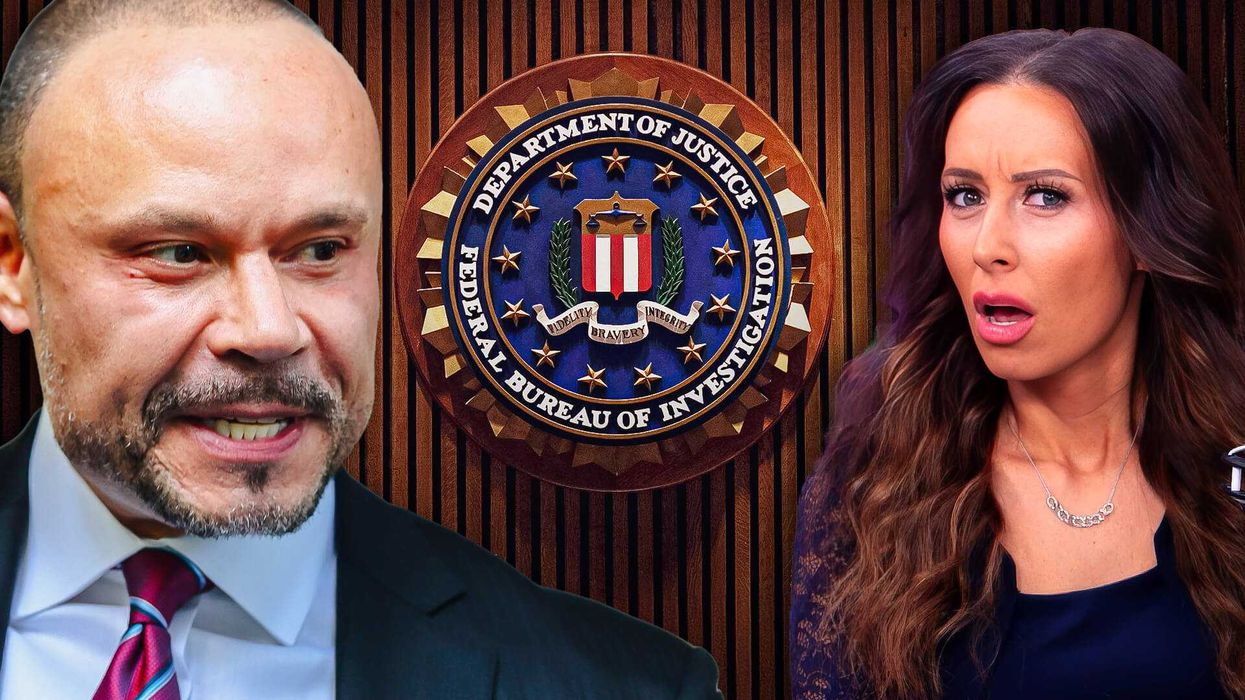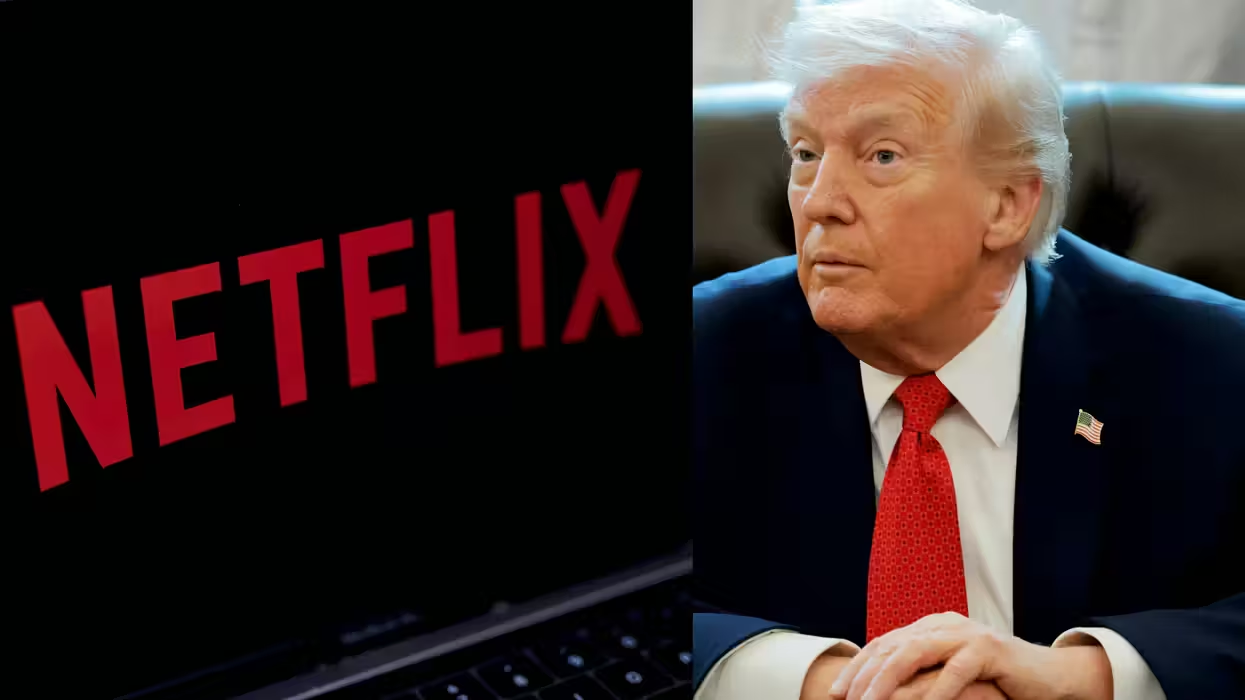
© 2025 Blaze Media LLC. All rights reserved.
The team at SurvivalSeeds4Patriots, a leading provider of non-GMO heirloom seeds, thinks you should know what's in your food.
Why?
Because your food could be full of poisons or contain genetically modified ingredients. Even if a food contains genetically modified organisms (GMOs), it doesn't have to be labeled as such in the U.S.
One of the only ways to ensure that the food you eat is safe, free of pesticides and herbicides, and not genetically modified is to grow your own. Striving for a GMO-free diet isn't only important for your own health, but for the health of the planet and future generations.
Health Risks of GMO Foods
Some people argue that GMO foods aren't harmful at all. Lisa Cipperman, a clinical dietitian at University Hospitals, in Cleveland, told ABCNews that there is no research or evidence that suggests that genetically modifying foods makes them harmful. But, those who question the use of GMOs note that the lack of research or evidence is what should be concerning. There's no way to know what the impact of GMO foods can or will be on the population.

Cipperman admits that there is one proven area of concern when it comes to GMO foods and that's exposing people with allergies to allergens, without their knowledge. For example, an early version of a genetically modified soybean was created using genes from the Brazil nut.
That might have been great news for scientists, but it was terrible news for people with known allergies to nuts who ate the soybeans, unaware that they were consuming the allergen. While the company that produced the soybean ended production after the allergy connection was revealed, without labeling, there is no way for a person to know whether or not a GMO food was created with an allergen.
The RoundUp Conundrum
Certain GMO crops have been designed to be able to withstand the use of the herbicide RoundUp, or glyphosate, which was developed by Monsanto scientists in the 1970s. So-called RoundUp Ready crops have been modified so that even if a farmer sprays the herbicide near them, they won't die.
The use of RoundUp Ready crops has had a negative impact on the environment and potentially on people's health. A study from Norway's Arctic University, published by Food Chemistry in 2014, found that GMO soybeans contained high levels of glyphosate, according to the Environmental Working Group.

The study looked at three different types of soybeans: those grown organically, non-GMO beans, and GMO beans. Among these categories, 70 percent of the GMO soybeans were found to contain high levels of the herbicide. According to Monsanto's standards, an extreme level of RoundUp is 5.6 milligrams for every kilogram of plant weight. During the study, scientists found levels as high as 9 mg per kilogram of plant weight.
The herbicide is hazardous to human health and can cause cell death. Despite that, the study found that people who eat products with GMO soy in them are getting an unhealthy dose of RoundUp each time.
Beyond the human health concerns, RoundUp ready crops can also spell disaster for the agricultural system at large. Certain weeds have already adapted to the herbicide. Dubbed "superweeds," these plants are resistant to the herbicide's affects, meaning people are eating poisoned food for nothing.
What You Can Do
While you can find non-GMO foods at the grocery store, particularly if you buy organic, one of the best ways to protect yourself and your family is to grow your own, notes Allen Baler of 4Patriots LLC. Baler and his team at SurvivalSeeds4Patriots encourages everyone to grow at least some of their own crops, pointing out, "It’s so easy to find GMO-free seeds. It’s a simple measure to protect your health and keep your crop going year after year."
The reach of Monsanto and the GMO industry is long, though, notes Baler. According to Treehugger, Monsanto purchased one of the largest seed companies in the U.S. back in 2005, meaning that company today owns about 40 percent of the seed supply in the country. Still, it's possible to find seeds from companies that aren't own by Monsanto.
SurvivalSeeds4Patriots encourages you to do so for several reasons. While you should be able to purchase a package of seed, plant it, then harvest the seeds the plant produces and plant those, certain seeds are designed to be sterile. That means you continually need to purchase seeds from a company and can't plant the seeds produced by your crop. This makes no sense to Baler and his team. He wonders, "Why not buy seeds one time, then have the chance to reuse the seeds from this years crop in next year’s?”
One way to guarantee that the seeds you plant aren't sterile and will produce seeds that you can plant the next season is to look for seeds from companies that have signed the Safe Seed Pledge. Signing the pledge means that a company has tested the seeds and can assure you that it is free of GMOs.
Another way to avoid GMOs in your garden is to plant heirloom varieties. Heirlooms produce viable seeds year after year. They also typically taste better than hybrid or GMO varieties.
Saving seed is a practice that has been passed down from generation to generation. The team at Seeds4Patriots encourages you to get out there, grown your own, and keep the tradition alive.
As a special offer for Blaze readers, you can get 150 free heirloom tomato seeds to try for yourself.
AmyFreeman contributed to this article.
Want to leave a tip?
We answer to you. Help keep our content free of advertisers and big tech censorship by leaving a tip today.
Want to join the conversation?
Already a subscriber?
more stories
Sign up for the Blaze newsletter
By signing up, you agree to our Privacy Policy and Terms of Use, and agree to receive content that may sometimes include advertisements. You may opt out at any time.
Related Content
© 2025 Blaze Media LLC. All rights reserved.
Get the stories that matter most delivered directly to your inbox.
By signing up, you agree to our Privacy Policy and Terms of Use, and agree to receive content that may sometimes include advertisements. You may opt out at any time.






